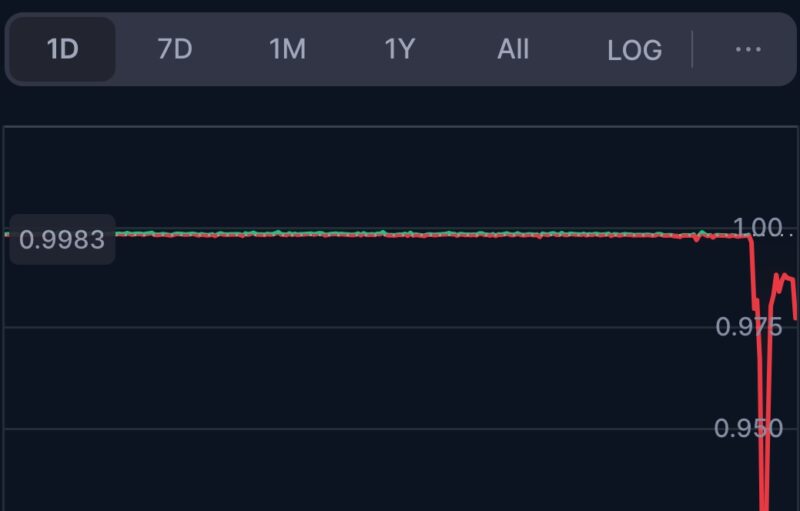Blockchain investors’ tastes are changing, it appears. A new report reveals some interesting numbers regarding the quantity of money flowing into blockchain since 2013, with more than $23 billion mostly piling into early-round investment.
A shift is taking place in terms of which geographic regions and vertical segments of the industry are seeing investment beyond the early stages. The release of the Investments in Blockchain report coincides with the launch of Outlier Ventures’ first Base Camp program to “support the development and growth of new technologies in the open data economy.”
Angel Investors We Have Heard On High
Since 2013, 3,738 companies have invested in early-round fundraising for blockchain projects, but subsequent rounds of investment have evidently cooled off.
Much of the investment has been generated via ICOs, along with debt, direct investments, and crowd-funding. Outside of a few exchanges and wallets, however, no major applications have broken into the mainstream, according to the report.
The challenge, research analyst Joel John at Outlier Ventures explains, isn’t about capital; it’s about the need for more expertise and guidance in the early stages of development, “The heavy competition in early-stage financing for blockchain-based startups means a large number of investors provide nothing more than capital.”
Early-stage funding has been relatively easy due to “massive returns from early investments in Bitcoin and Ethereum”, with more than 75% of all deal-flow being focused on early-stage rounds.
But Venture Capital investors appear to be waiting for evidence of revenue-generating growth before continuing with further investments.
Joel John explains that getting past the first round to reach a Series B raise “is a hard business.” An unforgiving learning curve in designing profitable business models is making it tough for startups to evolve beyond their infancy; a “hard task to do without the necessary guidance in place.”
Shifting To Practicality
A shift is occurring in investment priorities, the report explains, moving from focusing purely on cryptocurrency to “convergence applications.” AI and Fintech lead the charge with data analytics and ownership trailing close behind. Self-sovereign identity has also shown an increase in interest due to recent data breach and exploitation scandals.
Due to current bearish conditions, the report continues, start-ups are competing for a smaller handful of backers. Conversely, in a bull cycle, competition may arise between projects that enjoy strong backing.
The frequency of early-stage deals tends to increase with BTC price growth, but the key differentiator for projects to endure in either bearish or bullish stages of the cycle is the expertise and value-added services that teams can rely upon.
Location, Location, Location
Location really matters, the report concludes. A company has a better chance at successfully raising funds during follow-on rounds in blockchain-friendly regions. The United States leads the way in this regard, with San Francisco attracting the most investment and New York and Los Angeles being fifth and seventh in the world respectively.
But the UK is catching up; a vibrant Fintech hub in London is emerging, with more than $1 billion raised by blockchain companies in London since 2013.
The post appeared first on CryptoBriefing











